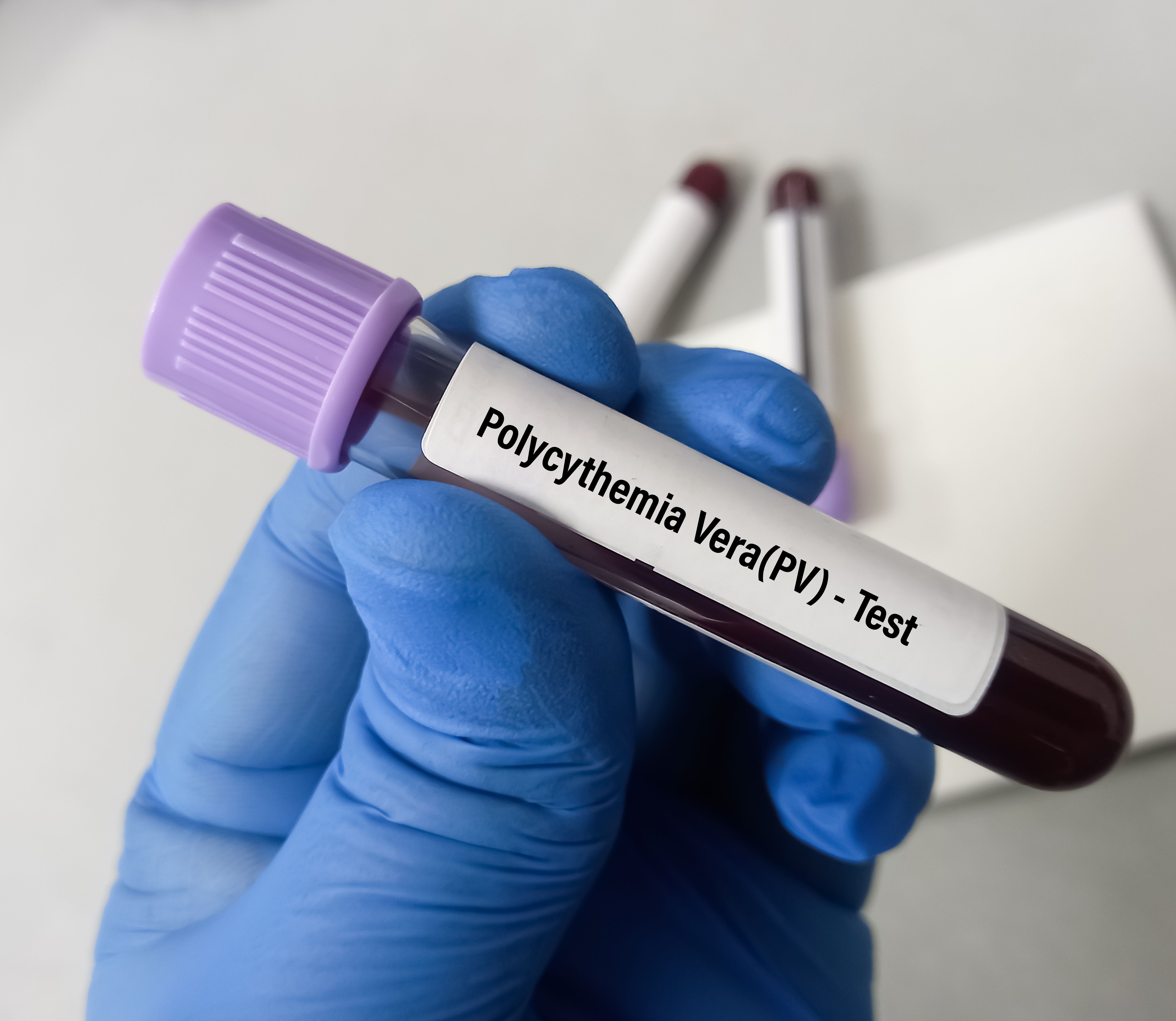September 4, 2024
Author(s): Michael R. Grunwald, MD, FACP
Michael R. Grunwald, MD, FACP, hematologist/oncologist, chief, Leukemia Division; director, Transplantation and Cellular Therapy Program, Levine Cancer Institute, Atrium Health, discusses the key characteristics of patients with polycythemia vera (PV) enrolled onto the real-world, observational REVEAL study (NCT02252159), as well as thelimitations of the investigation.
This observational study represents the largest prospective cohort study of patients with PV conducted to date, Grunwald begins. Patients were not uniformly enrolled at the time of diagnosis; rather, they could be enrolled at any stage of their disease progression. A total of 2510 patients were included in the study, with 2023 having a confirmed diagnosis of PV, ensuring the accuracy of their inclusion in the study, he explains. The remaining patients may or may not have had PV, which introduces a level of uncertainty regarding their inclusion, Grunwald adds.
The analysis focused those who exhibited signs of progression to myelofibrosis, he continues. By comparing the characteristics of patients in the transformed group with those in the non-transformed group, it was observed that patients in the transformed group had a longer duration between their initial diagnosis and enrollment in the study, Grunwald elucidates.
Although the study offers valuable insights, it has limitations, according to Grunwald. Although its findings are effective in generating hypotheses, they do not provide definitive guidance on therapeutic interventions, he explains. Real-world data can offer insights into the outcomes of patients with low-risk disease treated with various therapies, Grunwald says. However, the true validation of a therapy’s effectiveness, particularly for low-risk disease, lies in clinical trials, Grunwald reports.
Looking ahead, there is a need for clinical trials that focus on early intervention in patients classified as low risk, who may harbor features indicating a higher risk of disease progression, he continues. Early intervention may alter the disease course, though this must be balanced against the risk of introducing toxicity prematurely or exhausting treatment options too early, Grunwald says. Fortunately, the treatment paradigm for myeloproliferative neoplasms is evolving, with a significant increase in drug development and approvals over the past decade, he notes. It is anticipated that concerns about exhausting treatment options prematurely will diminish as more therapies become available for patients, he concludes.
Read more

